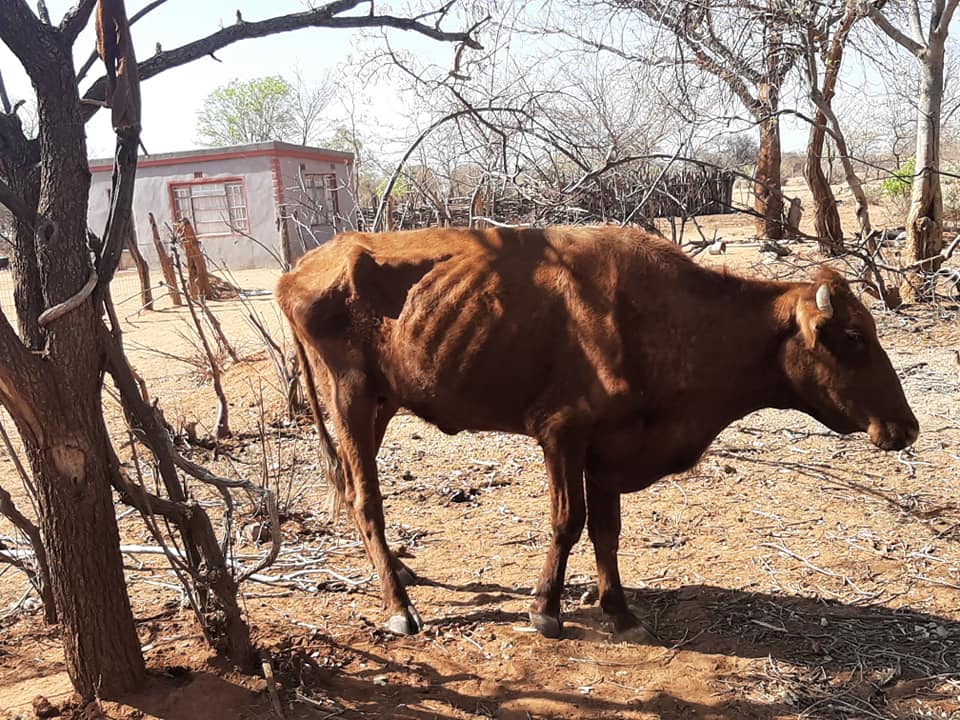Villagers in Bulilima are struggling to cope with the drought currently being experienced nation-wide as a result of poor rains received in the past cropping season.
A visit to the district, bordering Botswana this week revealed that the situation was dire, with villagers struggling to put food on the table.
Village head in Bambadzi, Martha Ncube, told CITE drought was a serious cause for concern.
“The drought situation here in Bambadzi is so dire,” said Ncube.
“Remember we did not receive good rains in the past season. Our crops although having germinated, they never tussled; they just withered completely.”
She said people were struggling to survive with very little to eat.
“Some live on maize donations extended to elderly women in the communities. That is also never enough because you will find that people are just given one 50kg bag of maize per household regardless of the household size. Some survive by crossing over to Botswana to work in their fields there, digging stumps, in preparation for the farming season. Some are also hired by BaTswana to erect fences at their fields.”
Asked if their crossing to Botswana was legal, Ncube had this to say: “They just cross over illegally. Where will they get the passports when they are no longer easy to come by in Zimbabwe?”
The village head said there were those villagers who survive on doing manual piece jobs for injivas (Zimbabweans based in South Africa) in order to raise money for mealie-meal.
“For those with relatives in South Africa it is somehow better because once in a while they are sent mealie-meal or money to buy it because most shops here still sell in Rand.”
Majahana Nkomo of Gambo said the scarcity of water was worsening the drought situation.
“There is a serious drought in this area and water is very scarce,” he said.
“This is traditionally a dry place such that whenever we do not receive good rains, drought becomes inevitable. People are also equally affected. Where would they get the food when the harvest was poor?
This drought is just beyond what we can bear.”
Nkomo said it would be difficult for them to recover from the drought considering that their cattle which they use as draught power in farming were in a poor condition while some have succumbed to the drought.
“We really don’t know what will become of us because even if it rains, how are we going to plough our fields without draught power, with cattle dying like this. Those with few cattle that would remain may try to do something but the cattle are very thin. Those with money might consider hiring tractors,” he added.
Samuel Moyo of Maqatha village in Sinotsi said he was living on selling vegetables he grows together with his grandmother and young brother at the nearby Moza Irrigation Scheme.

